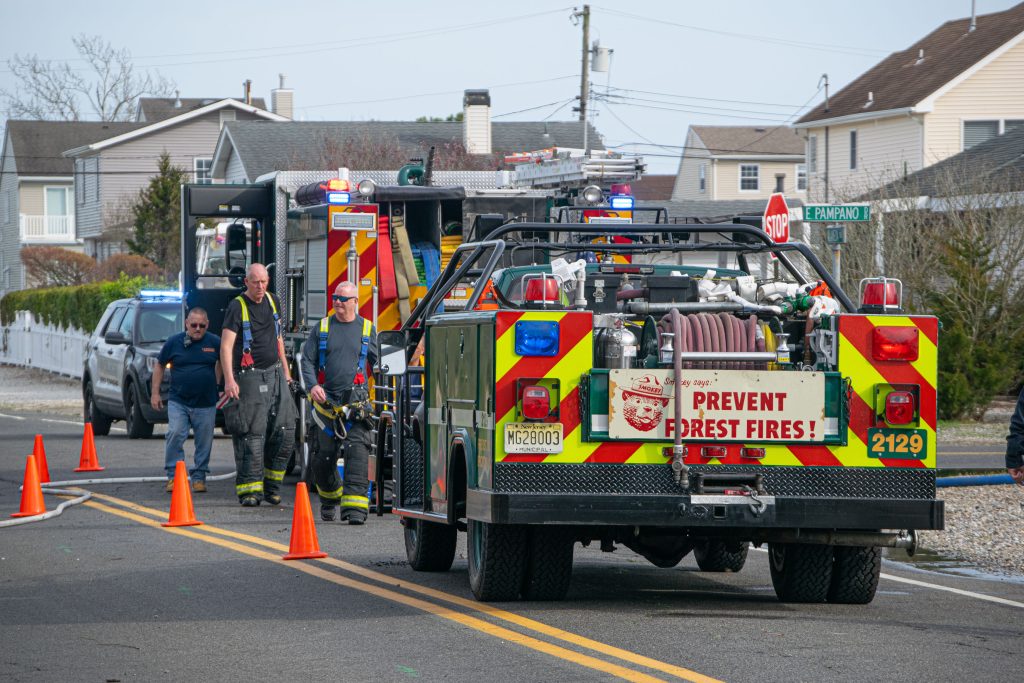The Brick Township council this week, pursuant to a state law instituted three years ago, provided approval for the salaries of commissioners who serve the township’s three fire districts.
Though the township maintains all-volunteer fire companies, commissioners are elected each February and hold public meetings that determine the budget for the fire service as a whole, which includes a staff that performs inspections, sets policies and determines budgetary matters. The total compensation for commissioners as a whole has been reduced in recent years through some professional reorganization, though some commissioners have seen a small increase in their annual stipend. Brick has three fire districts and a Joint Board of Fire Commissioners.
The fire commissioners for district one and two receive a flat annual stipend of $8,000 for serving on the board. Fire District Three has a slightly different salary structure since one of its commissioners performs the role that the other districts hire an employee to fill.
|
|
Here’s how Brick’s fire commissioners are compensated:
- Fire District 1: Five Commissioners
Commissioners’ Salary: $8,000 annually, per commissioner.
Location Served: District 1 spans the southern-most half of the Township, from the Toms Rivder Township border, north and west to the Lakewood border. It also covers just over a mile of oceanfront area, bordered by Mantoloking on the north and Toms River on the south.) - Fire District 2: Five Commissioners
Commissioners’ Salary: $8,000 annually, per commissioner.
Location Served: Fire District 2 comprises the central portion of the Township, north and east of the Metedeconk River and Forge Pond, southwest of the Point Pleasant Boro border. - Fire District 3: Five Commissioners
Commissioners’ Salary: President, $6,500; Vice President, $6,500; Treasurer, $19,500; Secretary, $6,500; Commissioner at Large, $6,500.
Area Served: Fire District 3 covers the northernmost section of the town, bordered by Fire District #2 to the south, the Howell and Wall township borders to the north, and the Wall and Brielle borders to the east.
Neither the mayor nor council determine the salaries; they are set by the board itself. Beginning in 2021, the state adopted a policy that requires municipal governing bodies to review and approve fire commissioner compensation.













